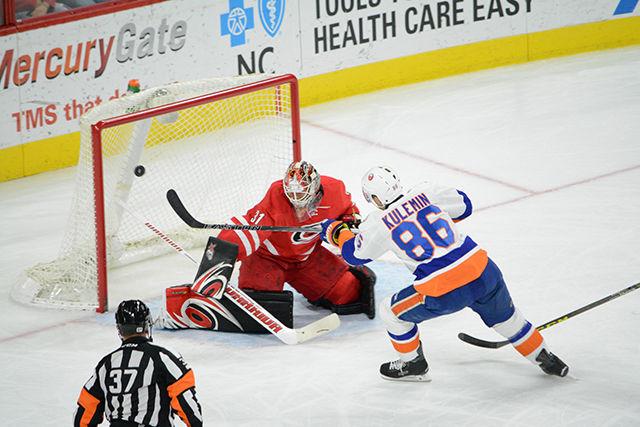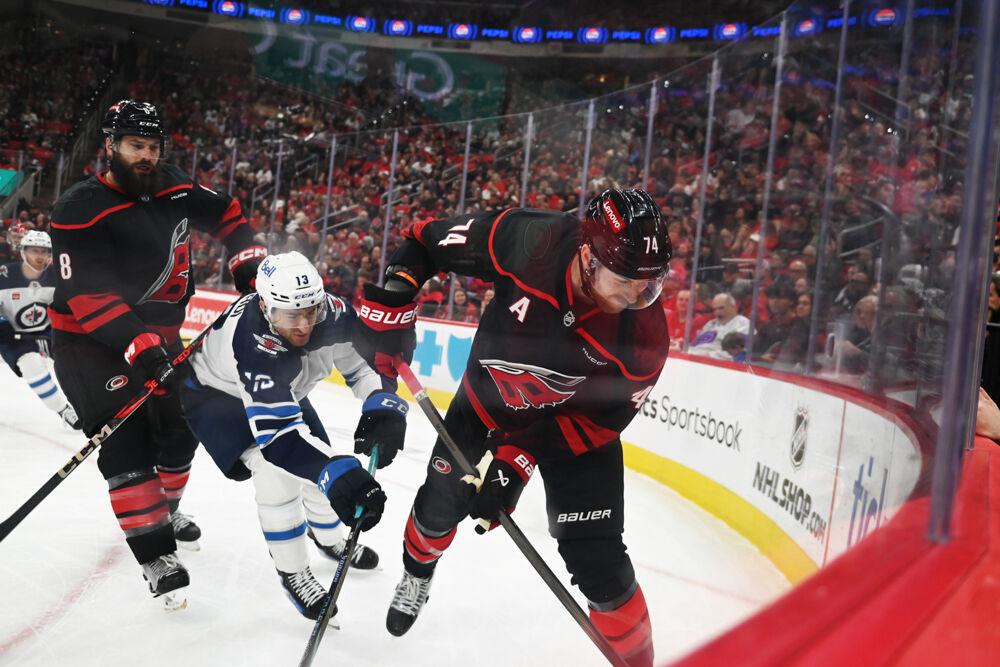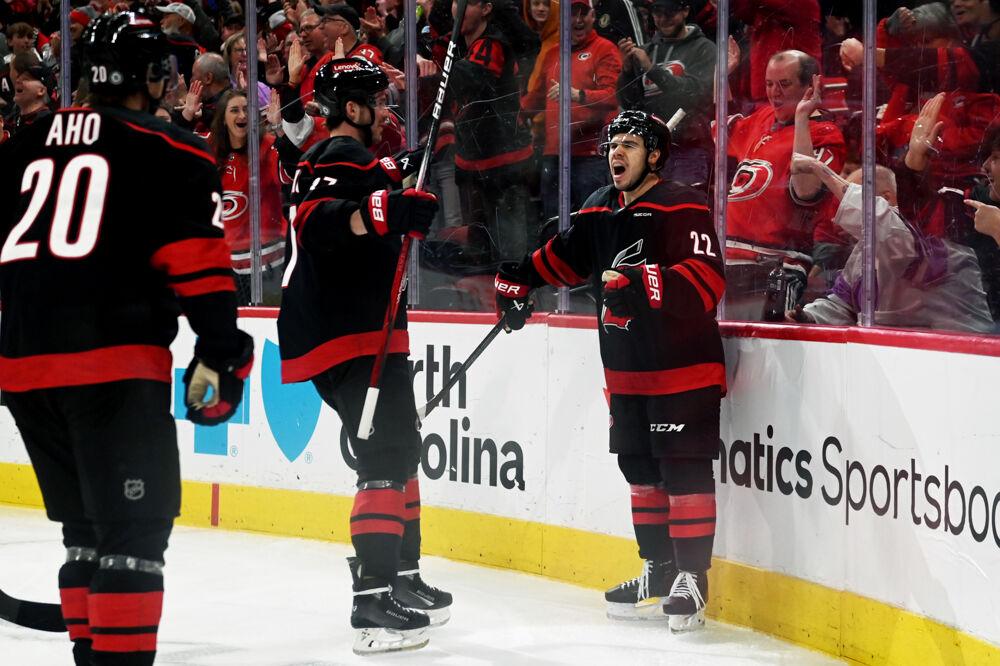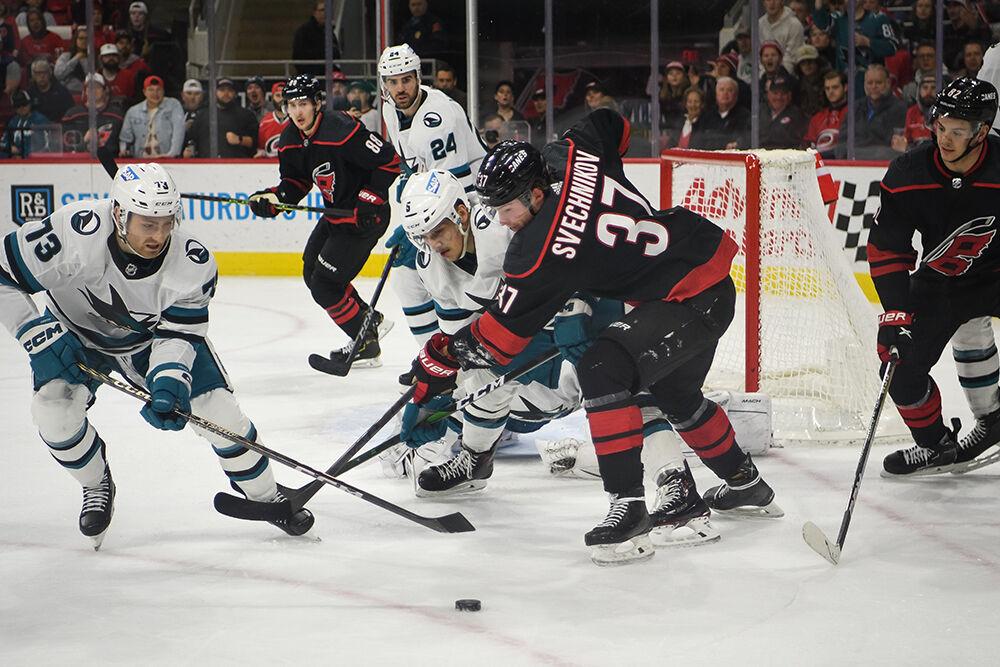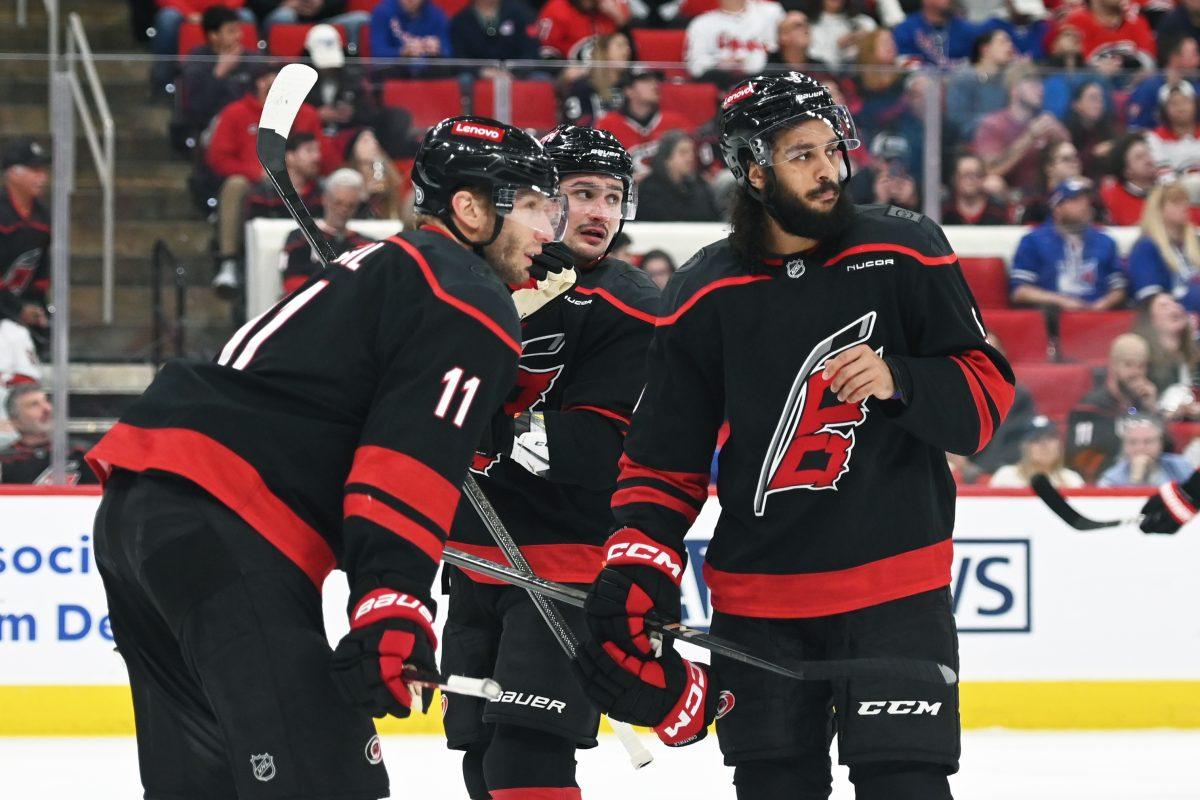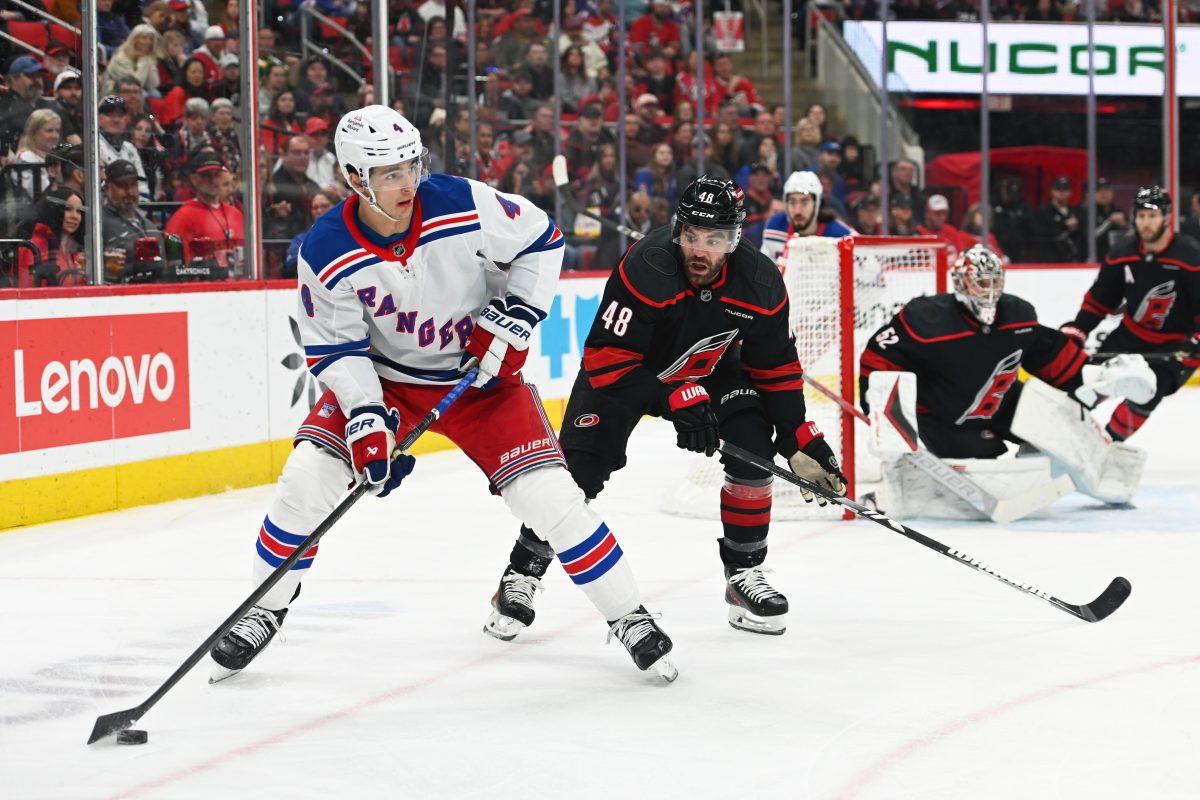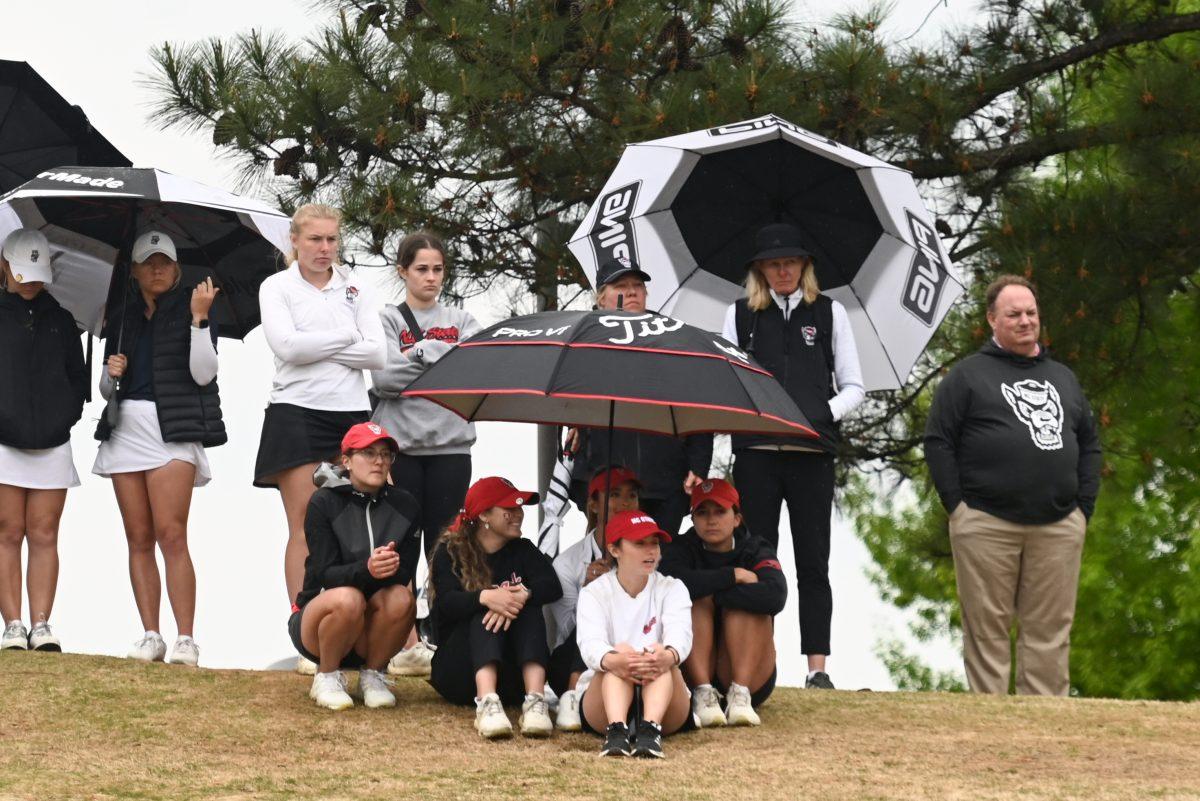There’s no denying the Carolina Hurricanes surpassed league-wide expectations this season, not just in their play, but in the impressive young talent they have, both up front and on the backend.
Yet, arguably one of the team’s biggest issues this year has been subpar goaltending, something that the front office must address in the offseason if Carolina hopes to make the playoffs in 2017, for the first time since 2009.
The first major decision is what to do with Cam Ward, the lone remaining member of the organization’s 2006 Stanley Cup Championship team. Ward stepped into the starting goalie role in the biggest of situations — with the Canes down two games to zero in the opening round series against the Montreal Canadiens — and never relinquished the starting job.
Ward won the Conn Smythe trophy (playoffs MVP), becoming the first rookie goaltender since Ron Hextall in 1987 to win the award. Despite his success in those playoffs, Ward has failed, in the past few seasons, to consistently live up to his contract extension that began in 2010 and pays an annual average of $6.3 million — making him the sixth highest-paid goalie in the NHL.
Ward’s numbers, up to this point in the season, are not something that would suggest he is one of the league’s highest-paid goalies. In 48 games played, he has a .909 save percentage, a 2.39 goals against average and 21 wins. None of those numbers currently rank in the top 19 of NHL goalies this season.
In Ward’s defense, he has played much better since the beginning of December than the cumulative season statistics suggest.
Now, Ward is in the final year of a six-year, $37.8 million contract, making him an unrestricted free agent in the offseason and leaving general manager Ron Francis to decide whether or not to re-sign him.
With his history of injuries and the aforementioned inconsistent play, if Francis does decide to re-sign him, it will almost certainly be at a smaller dollar amount and shorter term than his current contract.
The Hurricanes’ other goalie is 28-year-old Eddie Lack, who has also struggled, posting numbers worse than Ward’s (.906 save percentage, 2.70 goals against average, 12 wins) in his first season in Carolina.
Similar to Ward, he has played excellent hockey in his career. In the 2014-15 season Lack stepped in as the Vancouver Canucks’ starter for the injured Ryan Miller, and posted a .921 save percentage, 2.45 goals against average and 18 wins in 41 games played (35 starts).
Lack signed a two-year contract extension at the beginning of the season that kicks in next year and pays the netminder $2.5 million next season and $3 million in 2017-18, meaning he is the only NHL-caliber goaltender, signed past this season, that the Canes have on the roster. Despite his subpar play this season, that is obviously a much more salary-cap-friendly contract than Ward’s (or what Ward would likely demand in a new contract); especially if he can rediscover his play he showed when in Vancouver.
If Francis chooses not to re-sign Ward, or the two sides can’t come to an agreement on a deal, the most likely option is to make a trade to acquire a second NHL goalie to team up with Lack.
Whether a trade would be for an elite goaltender to be the No. 1 goalie, or one of lesser quality to serve as a backup to Lack, depends on how much faith Francis has in Lack’s ability to consistently play at the high level he showed with the Canucks.
With the plethora of draft picks the Canes currently have — seven selections in the first three rounds of the 2016 NHL Draft (two firsts, two seconds, three thirds) and six selections in the first three rounds of the 2017 NHL Draft (one first, two seconds, three thirds) — management should be able to package some of them, and perhaps some prospects, to make a trade for a quality netminder.
If management doesn’t re-sign Ward, and doesn’t trade for a second goalie, the final, less likely option is to call up a goalie from the minors. While the smaller salary of an entry-level contract would save plenty of cap space, you very rarely see a young goalie find consistent success early on in his career.
In less than two full years as the general manager, Francis has made some great organizational moves to put the Hurricanes in the best position to succeed, with the most talent they’ve had, in more than half a decade. Whatever he decides to do, he has earned the trust of fans, and I fully expect whatever moves he does or doesn’t make will help the organization, just as they already have.


